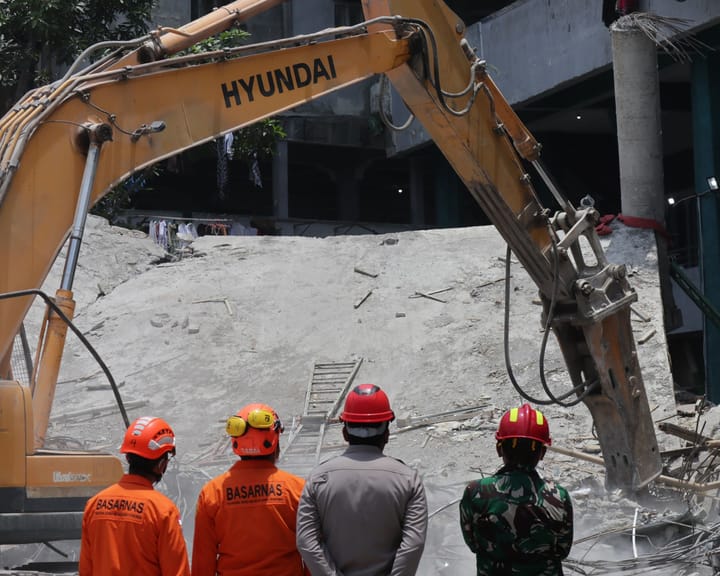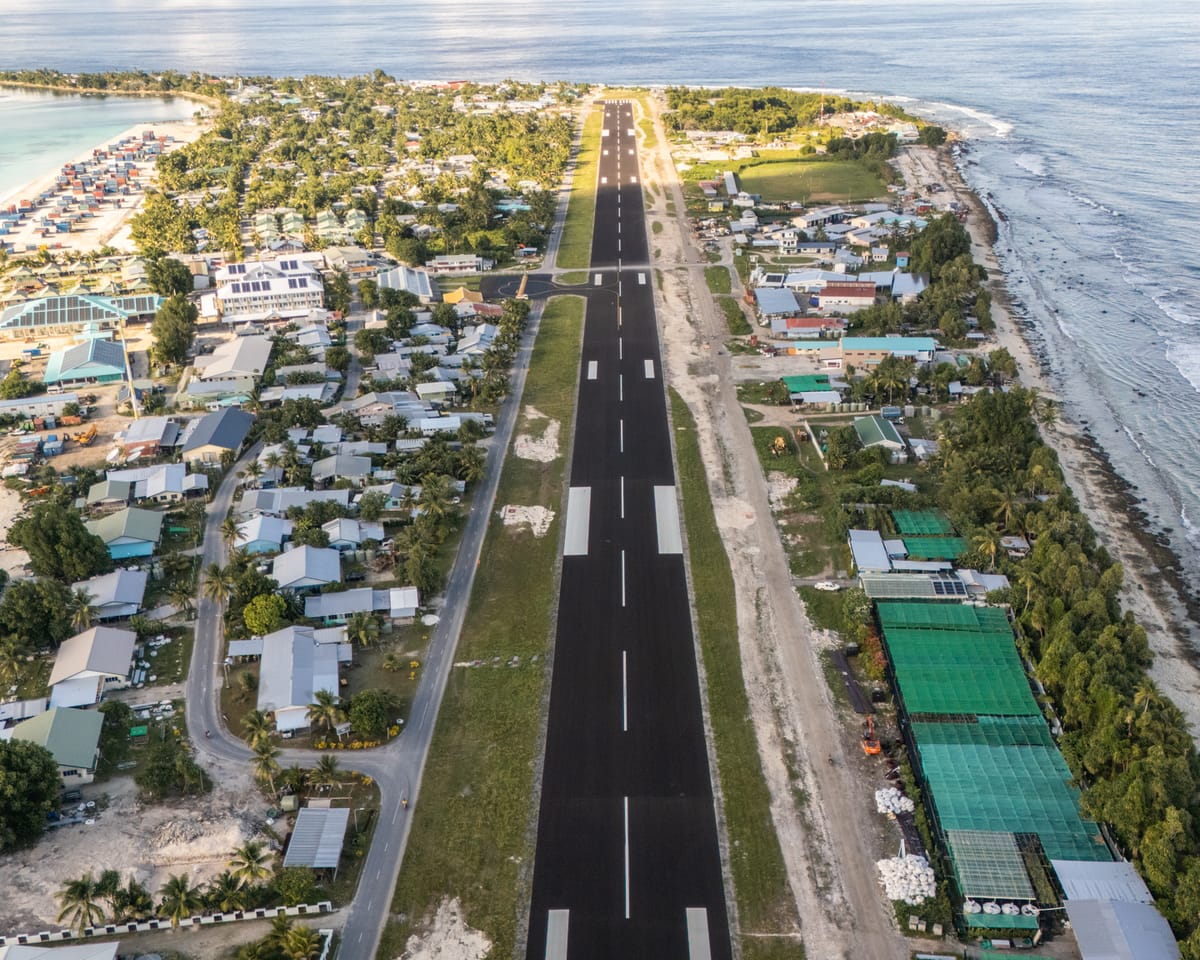Climate and migration experts urge legal pathways for those displaced by environmental crises, as a new report examines the issue across the Pacific.
A study conducted by Amnesty International, released on Thursday, found that current immigration frameworks fail to meet the needs of Pacific Islanders seeking security as rising sea levels threaten their homes.
Amnesty has called on New Zealand—home to the largest Pacific Island diaspora—to reform its policies to establish a "rights-based approach to displacement linked to climate change."
"This would include introducing a specialized humanitarian visa," the report stated.
It also emphasized that providing safe alternatives, such as humanitarian visas, for those most affected by climate change is "part of nations' duties to safeguard people whose fundamental rights are at risk."
The report details how Tuvalu and Kiribati, where much of the land sits only 2 to 3 metres above sea level, face severe threats from rising waters, coastal erosion, and extreme weather. These conditions are already disrupting access to clean water, food, and secure shelter.
According to the World Meteorological Organization (WMO), at least 50,000 Pacific Islanders annually are at risk of displacement due to rising seas and severe weather. Over half of the region’s population lives within 500 metres of the coast, where sea levels are climbing faster than the global average, increasing pressure for climate-related relocation.
While some migration programs exist—primarily to New Zealand and Australia—that may assist those affected, experts say these options remain insufficient and leave certain groups without support.
"Pacific communities are already relocating, not as victims but as capable individuals seeking stability and opportunity," said Tupai Fotu Jackson, an expert on climate and labor mobility in New Zealand.
"What’s needed is a humanitarian visa option that views climate displacement not as a hopeless crisis, but as a challenge requiring thoughtful planning, respect, and cooperation."
Dr. Satyendra Prasad, Fiji’s former UN ambassador and a climate policy expert at the Carnegie Endowment for International Peace, suggested that New Zealand should establish a "clear route to permanent residency for Pacific Islanders working under labor migration agreements."
Prasad expressed hope that the report would "spark momentum in New Zealand to develop a visa category specifically for Pacific Islanders displaced by climate change."
The report stressed that any migration solutions should operate alongside, rather than replace, immediate climate mitigation and local adaptation efforts.
Data from the International Organisation for Migration shows about 320,000 people in the Pacific were displaced by environmental disasters between 2008 and 2017. NASA estimates indicate sea levels could rise by as much as 15cm.
Read next

"Indonesia school collapse: rescue efforts conclude with 67 fatalities"
Search Ends After Indonesian School Collapse Leaves Dozens Dead
Indonesian rescuers concluded their search on Tuesday for victims trapped beneath the rubble of a collapsed Islamic boarding school in East Java, after recovering more than 60 bodies, authorities confirmed.
The tragedy in the town of Sidoarjo struck last week when

"French PM makes last-ditch effort to save government as crisis deepens – Europe updates"
France's Political Standoff Continues as Prime Minister Seeks Cross-Party Support
France remains at a political stalemate as the outgoing prime minister, Sébastien Lecornu, makes a final attempt to gather support from rival parties for a new government.
President Emmanuel Macron assigned Lecornu, 39, to form a government in

"Macron calls emergency talks with parties to swiftly pick new PM"
Emmanuel Macron has called upon the leaders of several political factions to his office, urging them to demonstrate "collective responsibility" as he seeks to appoint a new prime minister amid growing political turmoil.
All parties except Marine Le Pen’s far-right National Rally, the largest opposition group, and

